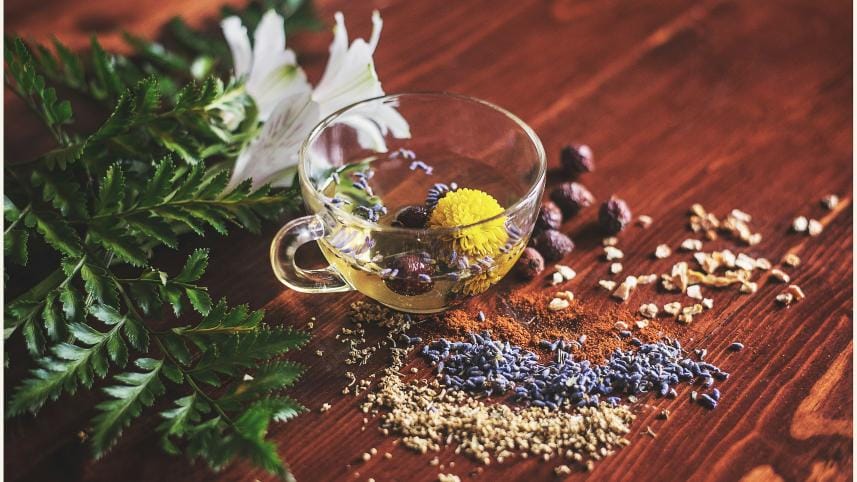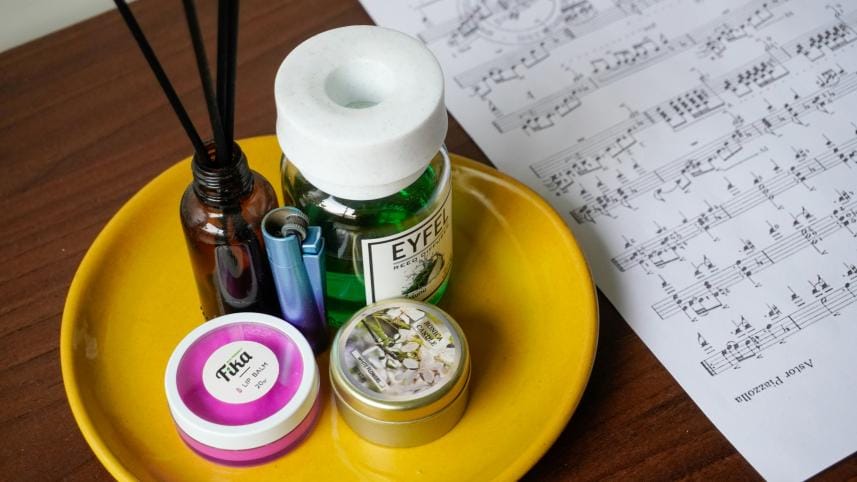Why many moms lean toward home remedies during pregnancy

It is a time of profound change in a woman's life — physically, mentally, and emotionally. As the body nurtures a new life, it needs extra care and calm, and since the pandemic, more mothers-to-be have turned toward traditional care and home-based alternative therapies for support. These approaches are gaining popularity because they are natural, low-risk, and promote overall well-being. From yoga and meditation to Ayurveda, herbal remedies, massage, acupressure, and aromatherapy, ancient practices are making a modern comeback. They help ease many pregnancy discomforts like back pain, insomnia, nausea, stress, and anxiety.

Yoga: Breathe, move, and connect
Imagine a serene morning where a pregnant mother rolls out her yoga mat, takes a few deep breaths, and gently stretches her body. Yoga is more than movement — it's a dialogue between the mind and body.
Gentle postures such as Baddha Konasana (Butterfly Pose) and Malasana (Squat Pose) strengthen the pelvic floor, preparing the body for smoother delivery. Poses like Ustrasana (Camel Pose) and Shashankasana (Child's Pose) relieve back pain and improve posture.
Breathing techniques like Anulom Vilom, Ujjayi, and Bhramari help calm the mind and enhance oxygen flow. Regular yoga practice builds strength, improves flexibility, and nurtures emotional balance throughout pregnancy.

Ayurveda and herbs: Healing from the kitchen
Our kitchens are full of natural remedies that have stood the test of time. Turmeric, garlic, cumin, and coriander are not just everyday spices; they're immunity boosters that support digestion and reduce inflammation.
Ayurveda also highlights herbs like Ashwagandha, Yashtimadhu, and Amalaki, known for improving strength and vitality. Herbal teas made from peppermint, fenugreek, or chamomile can ease nausea, bloating, and colds. While most herbs and spices are safe, it's always wise to consult a healthcare provider for proper dosage. With the right guidance, these time-tested remedies can make pregnancy more comfortable and wholesome.

Acupressure and reflexology: The power of touch
A gentle touch can do wonders. Acupressure involves using the fingertips to apply light pressure on specific points of the body to relieve pain and anxiety. For instance, the SP6 point near the ankle is often used to calm the mind and reduce labour-related stress.
Reflexology, which focuses on the feet and hands, can ease nausea, back pain, and fatigue. These therapies stimulate the nervous system, promote relaxation, and encourage the body's natural healing response.

Massage, music, and aromatherapy: Soothing the senses
On a quiet evening, a mother-to-be lies down as her partner gently massages her back and legs. This simple act melts away physical tension and deepens emotional connection. Prenatal massage reduces anxiety, improves circulation, and prepares the body for childbirth.
Sometimes, healing does not need medicine — just rhythm and scent. Music therapy helps lower anxiety and ease pain naturally, while gentle dance movements can make labour more manageable. Meanwhile, aromatherapy — using calming scents like lavender, chamomile, or peppermint- creates a peaceful environment. A few drops in a diffuser can lift mood, ease nausea, and encourage restful sleep.

A natural path to motherhood
These traditional and alternative therapies remind us that pregnancy care does not always come in a bottle or a pill. When practised mindfully, they offer a holistic approach to support the physical, emotional, and spiritual journey of motherhood. By embracing these gentle practices, mothers-to-be can find comfort, confidence, and calm — making pregnancy not just about growth, but about grace.
The writer is a PhD Scholar & Antenatal Yoga Expert, Pelvic Floor Rehab Therapist, and Runner, Bangladesh.



 For all latest news, follow The Daily Star's Google News channel.
For all latest news, follow The Daily Star's Google News channel.
Comments